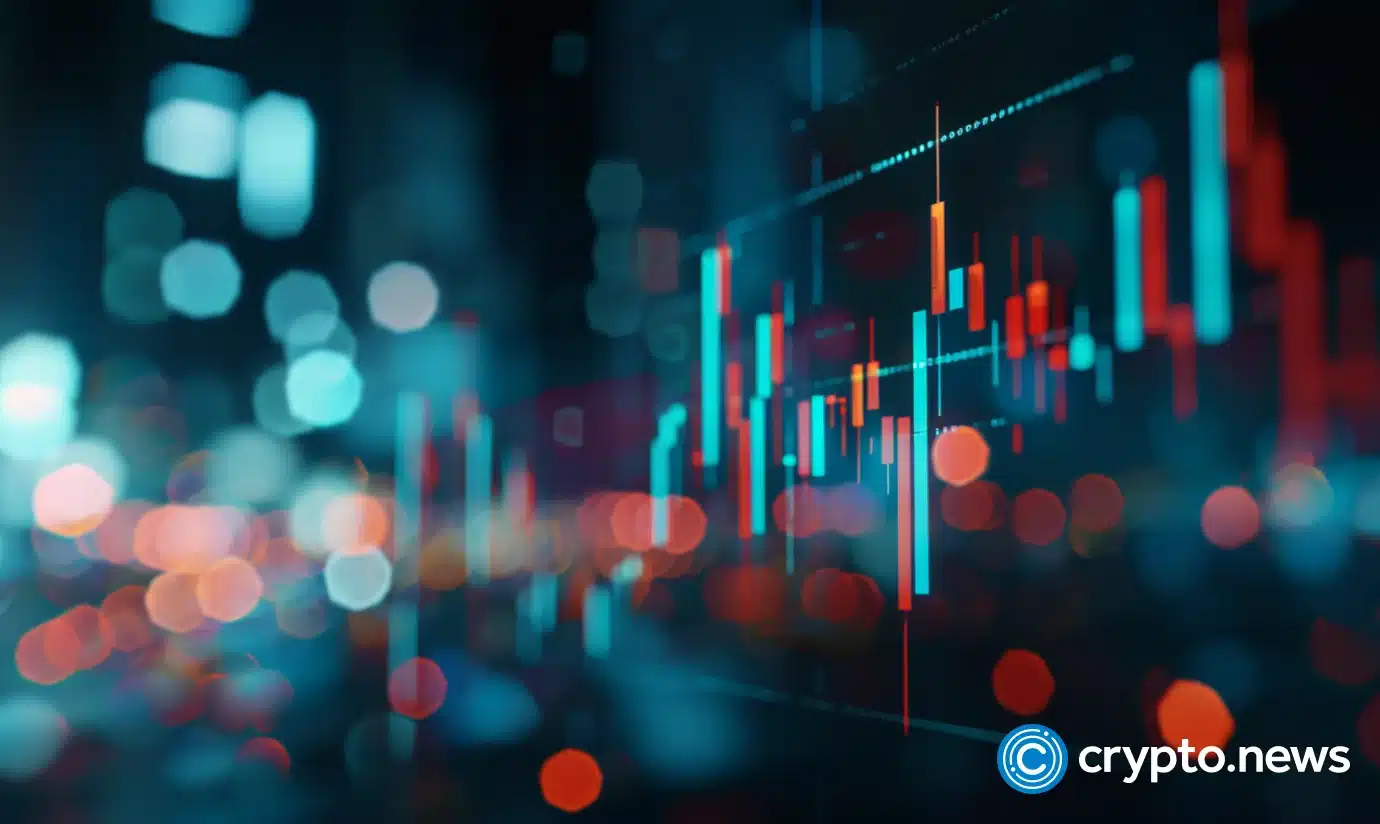Cardano founder Charles Hoskinson recently fired back at allegations surrounding the ETHGate scandal. For those out of the loop, this scandal purports that members of the Ethereum community allegedly bribed U.S. regulatory officials. Hoskinson has fervently countered these claims, especially against critiques from the XRP community. Moreover, Hoskinson took to social media and an Ask Me Anything (AMA) session to clarify his position on the complex issue.
Hoskinson categorically emphasized the dissimilarities between Ethereum and Ripple’s XRP. He underscored the absence of smart contracts in XRP’s ecosystem. Additionally, while Ethereum has been concentrating on a proof of work model, Ripple has been zeroing in on banks to promote remittance relations. Hence, Hoskinson stated that Ripple was never a direct competitor or a threat to Ethereum. He also named other blockchain projects like Nxt and Bitshares as more significant challengers to Ethereum’s space.
Ripple’s CTO clashes with Hoskinson’s view
On the other side of the debate, Ripple’s Chief Technology Officer, David Schwartz, offered an alternative viewpoint. Schwartz, differing from Hoskinson, argued that government favoritism in line with personal interests could be categorized as corruption. He dismissed Hoskinson’s claim that the ETHGate scandal revealed only an “unequal application” of U.S. law rather than corruption. Schwartz expressed his thoughts via social media, igniting further debates within the crypto community.
The Ripple executive’s comments have instigated debates that go beyond just the ETHGate scandal. Some community members are now questioning whether Hoskinson’s defense might be stemming from his intent to protect his history with Ethereum. It’s essential to note that Hoskinson was one of the eight co-founders of Ethereum and even served as its CEO for a brief period. After a public rift between the co-founders, he left Ethereum in 2014 to launch Cardano.
However, both parties seem to agree on one point: The U.S. regulatory stance on cryptocurrencies like Ethereum and XRP has been inconsistent. Despite former SEC director William Hinman classifying Ethereum as not a security back in 2018, the status of other cryptocurrencies like XRP remains unclear. This inconsistency has led to considerable hindrances in the adoption and growth of cryptocurrencies other than Ethereum.
In this debate, one thing becomes abundantly clear. The crypto world is not just about technology; it’s also a field fraught with differing opinions on regulation, competition, and ethical considerations. The ETHGate scandal has merely peeled back a layer, revealing a host of complexities that market participants will have to navigate. Whether it’s about defining what constitutes corruption or discussing which cryptocurrencies pose a real threat to Ethereum, the debate continues to rage, and resolution seems far from near.





